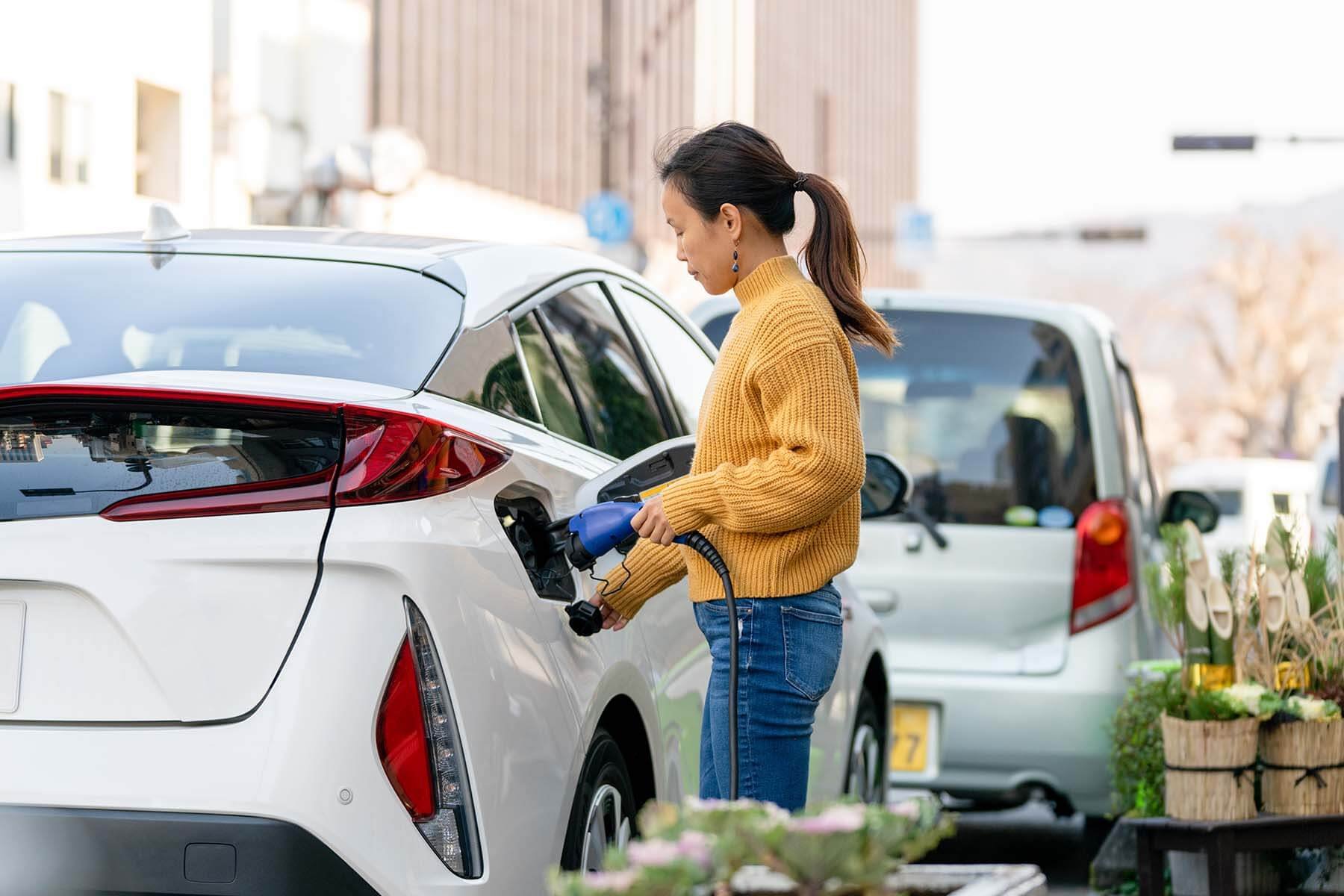Thailand’s government set an ambitious plan this year to shift the country to electric vehicles over the next few years. The government released a blueprint last year to assist it accomplish net zero targets by converting 30% of all vehicle production to EVs by 2030. By 2035, the government wants all cars to be electric.
However, Thailand’s transition to all-electric vehicles is impeded by a lack of charging infrastructure.
According to a new survey by ABeam Consulting Thailand, over three-quarters of Thais do not believe the current electric vehicle (EV) charging infrastructure is acceptable, despite the fact that there is obviously a desire among drivers to switch to EVs.
Thai respondents to the study, conducted in October 2021, are optimistic about the benefits of owning a fully electric automobile, with more than half (55%) saying that purchasing an electric vehicle (EV) is more cost-effective in the long run than owning a traditional internal combustion vehicle. Almost half of all respondents (48%) feel electric vehicles provide consistent quality, and two-fifths (41%) say they would like driving an EV.
Concern for the environment and incentives to buy were also crucial, according to ABeam, which provides services to help businesses establish their EV strategy.
Seven in ten drivers (71%) feel that purchasing an EV will help alleviate the effects of climate change, and 43% believe that the government is providing sufficient incentives to promote electric vehicles .
Every year, the number of EV sales grows, with 2021 sales exceeding the figure for all of 2020 by October. Despite the significant desire to possess a fully electric vehicle among Thai drivers, only 3% of all car purchasers who want to buy a car within the next three years anticipate their next purchase will be an EV.
Lack of Electric Vehicle infrastructure
The primary impediment for Thai drivers considering purchasing a fully electric vehicle is a lack of comprehensive infrastructure. Almost three-quarters (72%) say there aren’t enough public charging stations, and 67% are anxious about running out of juice when travelling.
Half of the respondents (50%) are concerned about charging time, and two-thirds (66%) want to be able to charge completely in less than an hour.
At least 50% of Thai consumers believe that charging station coverage of at least 80% or more countrywide is required to make electric vehicles viable, yet there are now only around 1,000 public charging stations in Thailand, compared to around 30,000 gas stations.
“As EV adoption grows, charging infrastructure must follow suit because drivers will require a charging station,” said Jonathan Vargas Ruiz, head of Asean automotive strategy at ABeam Consulting (Thailand).
“While there was good growth in charging stations in 2020 as a result of good partnerships established between car manufacturers and energy providers, more needs to be done to strengthen infrastructure and incentivize collaboration.”
“Technology is now available to simulate traffic patterns, congestion, and commuting routes, which can initially help identify the best locations for EV charging stations in Bangkok, but this must happen soon or an opportunity will be lost.”
Need for Backup Batteries
According to a Deloitte Thailand survey, the reasons for adopting an EV among Thai consumers were a better driving experience and a car that can also be utilised as a backup battery.
The survey results came as the Thai government supported EVs. Last year, the cabinet authorised a package of incentives, including tax breaks and subsidies, to stimulate EV adoption and production from 2022 to 2023.
The lack of availability of public charging infrastructure was the most common worry among Thai consumers (48%) and regional consumers (54%), followed by the time required to charge a BEV and the price of BEVs.
According to Deloitte, 64% of Thai consumers are willing to wait 10-60 minutes for the car’s battery to charge, and 41% anticipate a driving range of 300-500 kilometres per charge.
The most common option was to charge BEVs at home. In public places, 51% of consumers in the region prefer to charge their EV at a dedicated EV service station, while 26% prefer to charge their EV at a standard petrol station with EV chargers.
When it came to paying for public EV charging, Thai respondents (67%) and Southeast Asian respondents (51%), both preferred a smartphone app.





